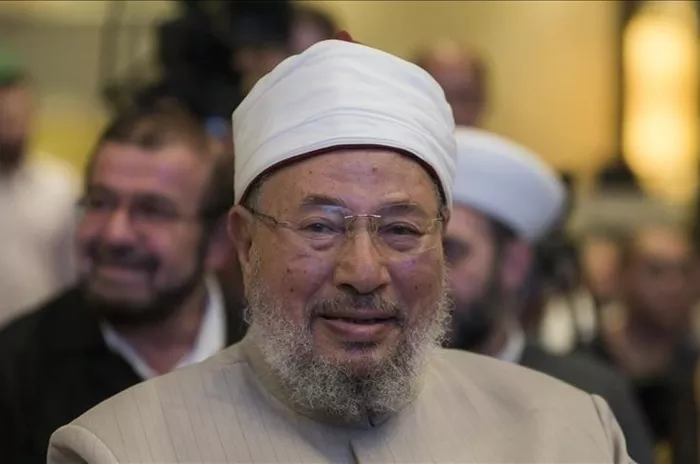The Lebanese government deported Egyptian-Turkish poet Abdulrahman Youssef al-Qardawi to the United Arab Emirates (UAE) on Thursday, sparking allegations from Human Rights Watch (HRW) that the decision was unlawful and aimed at silencing dissent.
HRW expressed grave concerns for al-Qardawi’s safety, noting the risk of torture and an unfair trial upon his arrival in the UAE. The organization described the deportation as a significant violation of both international and Lebanese law.
According to HRW, Lebanese authorities arrested al-Qardawi on December 28, 2024, at the Masnaa border crossing after he returned from Syria. This followed an arrest request from Egypt. On January 2, 2024, the UAE made its own extradition request, accusing al-Qardawi of spreading false information and disturbing public order via social media during his visit to Syria.
HRW pointed out that these charges are not internationally recognized offences and criticized Lebanon’s deportation decision. The organization argued that deporting someone for peaceful criticism undermines Lebanon’s rule of law. Despite appeals from al-Qardawi’s lawyer, Mohammed Sablouh, to halt the extradition due to the potential for serious human rights abuses in both Egypt and the UAE, Lebanon proceeded with the deportation without waiting for a ruling from the country’s top administrative court.
The decision has been met with strong opposition from human rights groups, including Amnesty International (AI), which warned that al-Qardawi faces a direct threat to his safety. The Lebanese government defended its action by claiming that the UAE had promised fair treatment. However, HRW highlighted that such verbal assurances cannot address the UAE’s documented history of human rights violations, such as arbitrary detention and torture. Additionally, HRW pointed out that al-Qardawi is not a UAE citizen and was not in the country when the alleged offences occurred, suggesting a troubling pattern of transnational repression.
Lebanon’s decision is seen as part of a broader shift in its political alignment with powerful Gulf states, as the country seeks economic support and stability amid its ongoing crises. The deportation also highlights regional trends of political repression, where dissent is often met with harsh penalties.
This case raises significant concerns about Lebanon’s commitment to international human rights standards and its protection of individuals from political persecution. As international scrutiny grows, it is critical for global bodies to hold Lebanon accountable for actions that threaten fundamental freedoms and the rule of law.

